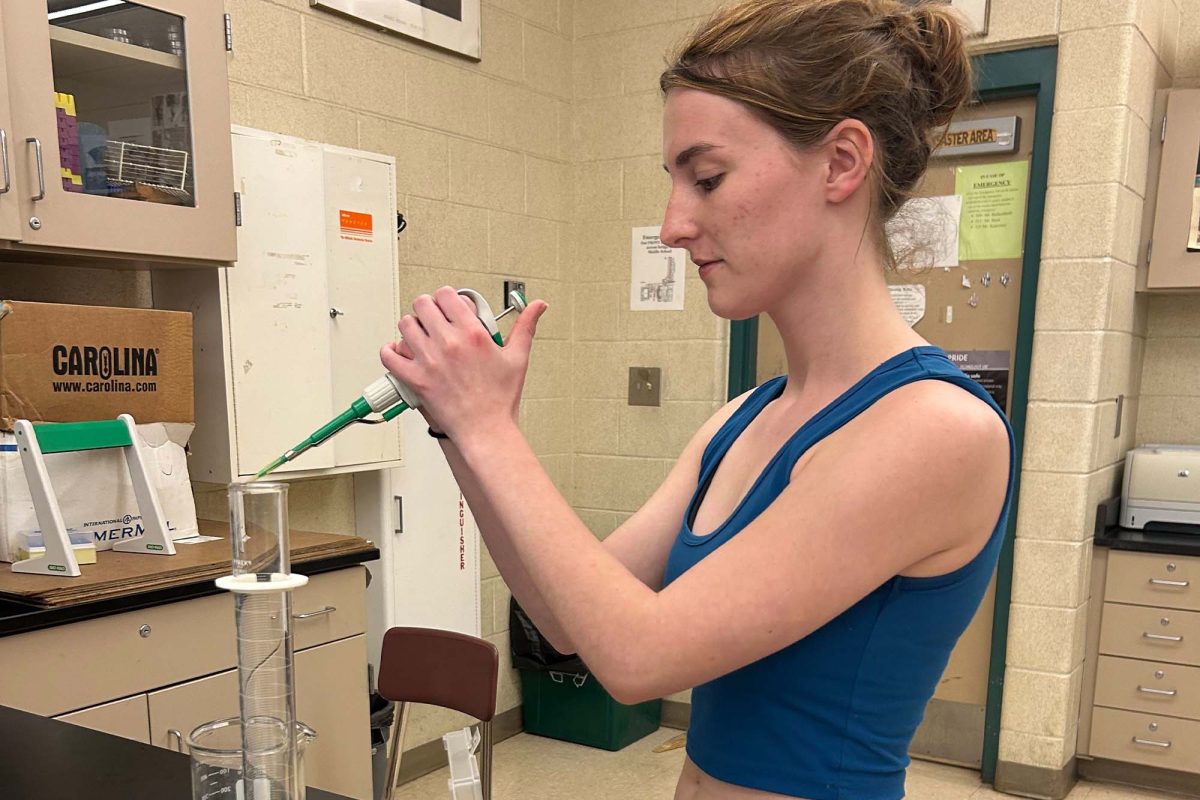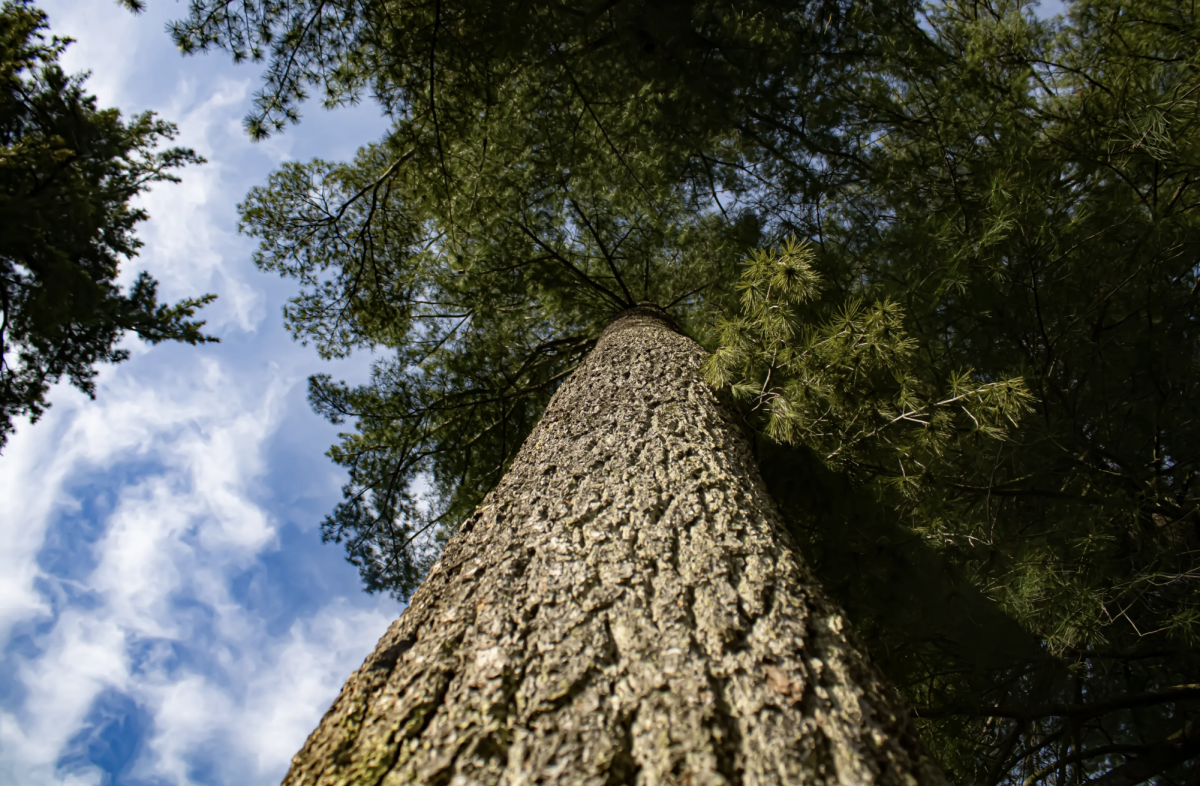Founder and director Anthony Leiserowitz Ph.D., of the Yale Program on Climate Change Communication reports that two billion adults are unaware of climate change completely.
With that in mind, it’s crucial to understand the facts regarding climate change. What is it exactly, and what is happening to the world we all call home?
Here are ten major questions about climate change, and the facts.
What is climate change?
Climate change is the long-term shift in the global temperature and environmental conditions.
“How do we know the Earth is warming?”
Climate scientists have records going back to the 19th century, and these records are compared with today’s global temperature that are taken from thermometers, weather stations, satellites, and ocean buoys. Climate change scientists have seen an increase of 2 degrees Fahrenheit (or about 1.11 degrees Celsius) in the temperature.
Why is this happening?
Human activities are the main cause of climate change. Specifically, burning fossil fuels for energy (releasing carbon dioxide), deforestation (reducing the amount of carbon dioxide converted to oxygen), and the farming of livestock add greenhouse gasses to the atmosphere, escalating the greenhouse effect in which global warming is accelerated.
Why does a little warming matter?
Simply, the earth is extremely sensitive to climate change– even an increased half a degree Celsius of warming (from 1.5 °C to 2 °C) will affect several hundred million people, the Environmental Defense Fund records.
What are the effects of climate change?
Climate change is causing warmer temperatures, which disrupts the environment and causes many risks to life on Earth.
What are the other impacts of climate change?
The causes of this warming are an acceleration of sea level rise, drought, wildfires, torrential downpours/heavy rain, agricultural changes, endangering species, and increased intensity and frequency of natural disasters.
What is being done to slow down climate change?
Mitigation strategies, along with policies are being put in place to target the reduction of greenhouse gas emissions and promote energy efficiency by further utilizing renewable energy and low-carbon fuels.
Who is most affected by climate issues?
The World Health Organization outlines that ethnic minorities, poorer or older communities/populations, women, children, and those with pre-existing health conditions are especially disadvantaged. This specific disadvantage relates to the term climate justice, which acknowledges that although climate change is a global crisis, the effects are felt at different intensities across the globe.
How do we know what will happen in the future?
The simple answer is math. Climate scientists have developed equations to calculate how the earth responds to our changes in climate and the everlasting effects that will be carried out in the future.
Are we doomed?
The quality of life reduces further and further as climate change develops- however, cynicism and self-interest will not help us. The only thing that’s going to have an effect is making an effort to cut down on our emissions and stay mindful and educated on our globe’s condition.












